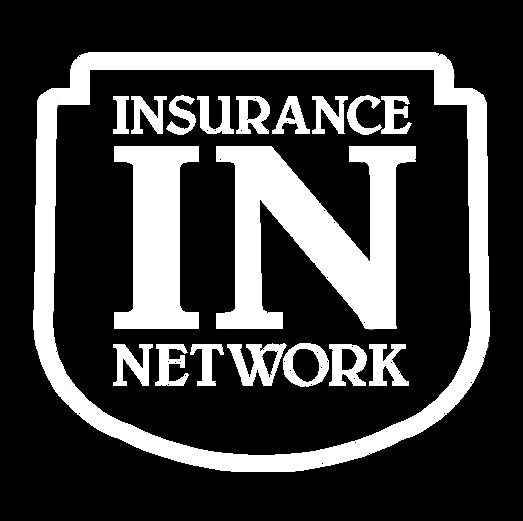Basic insurance terminology is key to getting the right policy at the right price. When purchasing a policy for the first time, if you don’t understand the words outlined in your quote, you’ll want to throw your hands up in the air and say, “forget it!”
To help you best understand your policy, we’ve created a comprehensive list of basic insurance terminology you should know.
Basic Insurance Terms
First, we’ll start with some of the most common insurance terms used by our agents every day:
- Actual cash value: Different from replacement cost, his coverage provides protection based on the depreciated value of a building or auto.
- Actual replacement cost: Unlike cash value, this doesn’t factor in depreciation. This is the amount it would cost to replace a damaged item with a new one at today’s current pricing.
- Adjuster: Not to be confused with a chiropractor, this is someone who evaluates losses and settles claims for an insurance company.
- Additional Insured: This endorsement provides protection for another entity, other than the policy holder. The Additional Insured shares the coverage with the policy holder (i.e. your children).
- Declarations page: Think of this as a contract between you and the insurance company. This document includes who owns the property, what type of property is covered, etc.
- Deductible: This is the amount you agree to pay out-of-pocket before insurance kicks in.
- Endorsement: An endorsement is a change to your insurance policy’s coverage.
- Exclusion: An item that’s listed in your policy that isn’t covered.
- Liability: This coverage protects the insured if they cause damage or injuries to other people or property. In order to protect yourself against liability and various other risks, you must purchase this type of insurance.
- Loss of use: Coverage that extends funds to pay for lodging and meals if the damaged property is uninhabitable due to a covered cause of loss.
- Med Pay: This coverage pays for medical expenses if someone gets injured on your property. In the case of an auto accident, basic no-fault insurance won’t pay for repairs to your car since Michigan is a No-Fault state,
- Premium: A common insurance term; this refers to the amount you pay for an insurance policy.
- Subrogation: This is a process where an insurance company seeks repayment of the amounts paid to their insureds from the party who was responsible for causing
the damage. After taking care of an insured loss, insurance companies are entitled to pursue reimbursement from the responsible party. - Term: The period of time your insurance policy is in effect. This can vary between six to 12 months, depending on the policy
- Umbrella: Think of this as a security blanket that kicks in after other insurance policies have reached their coverage limits. This is a policy that provides additional liability coverage.
- Underwriting: An evaluation process used to determine if an insurance company will provide coverage to you.
Need More Help Understanding Insurance Terms? Contact Us Today
Now that you’re a basic insurance terminology pro, you’re more than ready to talk about your insurance policy needs.
Contact our team of insurance experts today; we look forward to helping you protect those who matter most.


